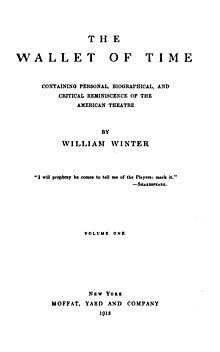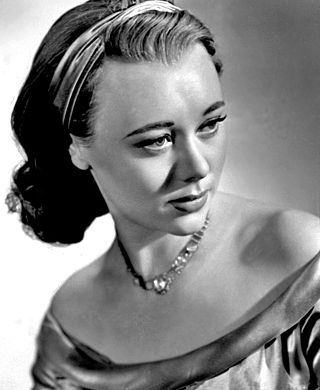
Glynis Margaret Payne Johns is a British retired actress, dancer, musician and singer. Recognised as a film and Broadway icon, Johns has a career spanning eight decades, in which she appeared in more than 60 films and 30 plays. She is the recipient of awards and nominations in various drama award denominations, including the National Board of Review of Motion Pictures, the Academy Awards, the Golden Globe Awards, the Laurel Awards, the Tony Awards, the Drama Desk Awards, and the Laurence Olivier Awards, within which she has won two thirds of her nominations. As one of the last surviving major stars from the Golden Age of Hollywood and classical years of British cinema, she has several longevity records to her name.

Anne Hartley Gilbert professionally billed as Mrs. G. H. Gilbert was a British actress.
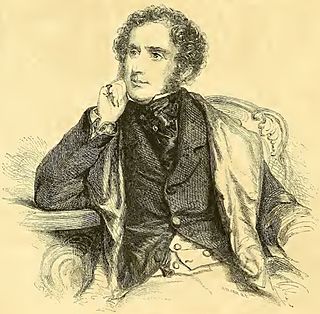
James William Wallack, commonly referred to as J. W. Wallack, was an Anglo-American actor and manager, born in London, and brother of Henry John Wallack.

George Stephen Kemble was a successful English theatre manager, actor, and writer, and a member of the famous Kemble family. He was described as "the best Sir John Falstaff which the British stage ever saw" though he also played title roles in Hamlet and King Lear among others. He published plays, poetry and non-fiction.

Lives of the Most Eminent English Poets (1779–81), alternatively known by the shorter title Lives of the Poets, is a work by Samuel Johnson comprising short biographies and critical appraisals of 52 poets, most of whom lived during the eighteenth century. These were arranged, approximately, by date of death.
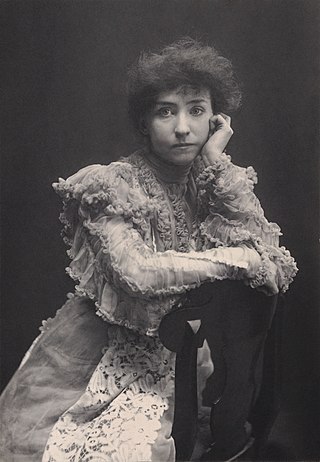
Minnie Maddern Fiske, but often billed simply as Mrs. Fiske, was one of the leading American actresses of the late 19th and early 20th century. She also spearheaded the fight against the Theatrical Syndicate for the sake of artistic freedom. She was widely considered the most important actress on the American stage in the first quarter of the 20th century. Her performances in several Henrik Ibsen plays helped introduced American audiences to the Norwegian playwright.

John Sleeper Clarke was a 19th-century American comedian and actor.

William Clyde Fitch was an American dramatist, the most popular writer for the Broadway stage of his time.

The Century Theatre, originally the New Theatre, was a theatre at 62nd Street and Central Park West on the Upper West Side of Manhattan in New York City. Opened on November 6, 1909, it was noted for its fine architecture but due to poor acoustics and an inconvenient location it was financially unsuccessful. The theatre was demolished in 1930 and replaced by The Century apartment building.
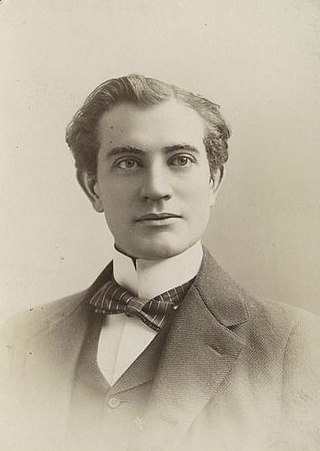
James Keteltas Hackett was an American actor and manager.
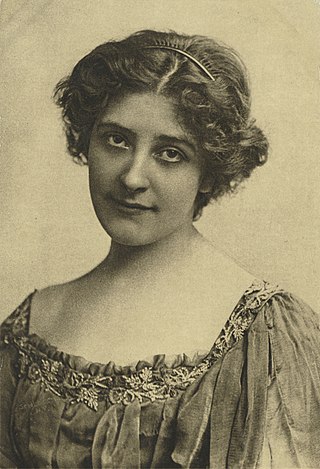
Mary Mannering was an English actress. She studied for the stage under Hermann Vezin. She made her debut at Manchester in 1892 under her own name of Florence Friend.

William Winter was an American dramatic critic and author.

David Mervyn Johns was a Welsh stage, film and television character actor who became a star of British films during the Second World War.
Nationality words link to articles with information on the nation's poetry or literature.
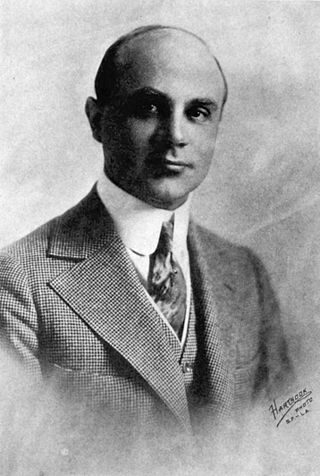
Oscar C. Apfel was an American film actor, director, screenwriter, and producer. He appeared in more than 160 films between 1913 and 1939, and also directed 94 films between 1911 and 1927.

William Graham Moffat was a Scottish actor, director, playwright and spiritualist. Moffat formed a Men's League for Women's Suffrage in Glasgow in 1907 after his wife Maggie Moffat was arrested at a protest in London and imprisoned for refusing to pay the fine. He is known for his 1910 comedy Bunty Pulls the Strings which was a hit on Broadway.

James Mavor was a Scottish-Canadian economist. He served as a Professor of Political Economy of the University of Toronto from 1892 to 1923. His influence upon Canadian economic thought is traced to as late as the 1970s. He played a key role in resettling Doukhobor religious dissidents from the Russian Empire to Canada. He was also a noted arts promoter.
David Harum; A Story of American Life is a best-selling novel of 1898 by Edward Noyes Westcott, whose principal legacy is the colloquial use of the term horse trading.

The Lyceum Theatre was a theatre in New York City located on Fourth Avenue between 23rd and 24th Streets in Manhattan. It was built in 1885 and operated until 1902, when it was torn down to make way for the Metropolitan Life Insurance Company Tower. It was replaced by a new Lyceum Theatre on 45th Street. For most of its existence, the theatre was home to Daniel Frohman's Lyceum Theatre Stock Company, which presented many important plays and actors of the day.
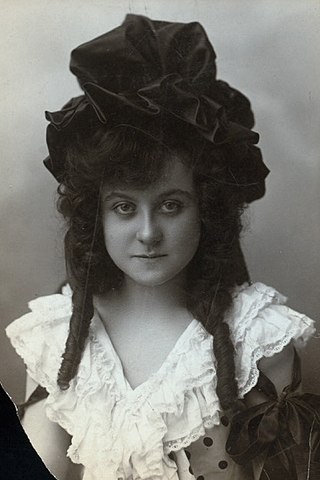
Anna Laughlin was an American actress on stage and in silent films. In 1902, she became the first actress to play Dorothy Gale.
